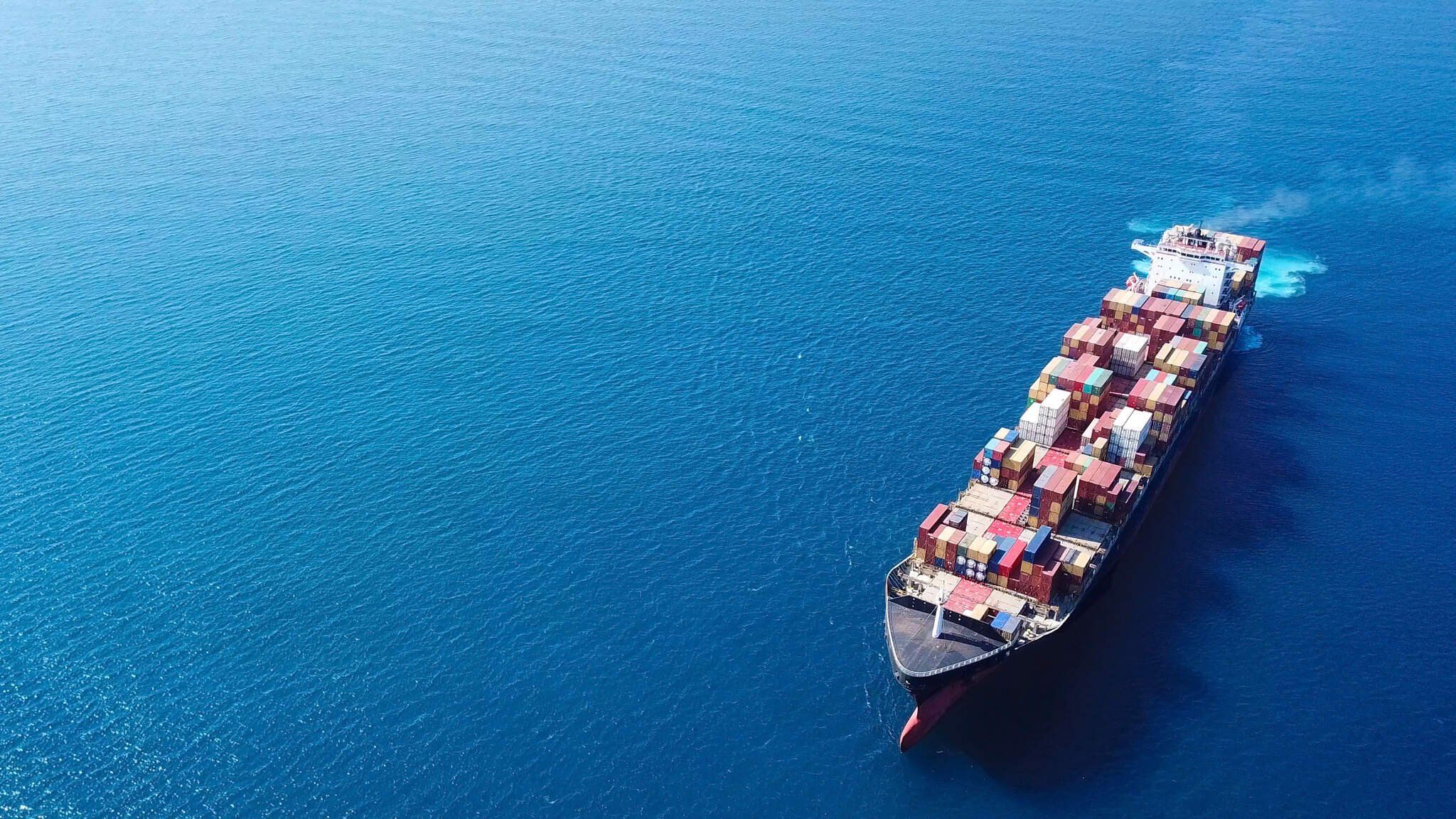
Following our North America logistics insights, Nick Behan and Nadan Hadzic share the second part of their series focusing on the EMEA region, as our Transport & Logistics practice delves into the key challenges and opportunities shaping the sector as we move into 2025.
Widespread geopolitical instability has turned 2024 into a year where organisations in the logistics sector have been compelled to create solutions to unexpected issues. Of particular note was the disruption caused by the attacks on vessels in the Red Sea through the Suez Canal, forcing many shipping companies to reroute their vessels around the Cape of Good Hope, adding nearly 4,000 miles to the route. The impact of this has been estimated to cost around $1 million per voyage. Alongside the cost, the additional congestion at ports and supply chain delays, it is perhaps the environmental damage that’s causing businesses in EMEA the most concern as we head into 2025. According to the London Stock Exchange Group, a container ship journey from Shanghai to Hamburg that goes via the Cape of Good Hope produces 38% more carbon dioxide than through the Suez Canal.
The logistics sector has long been scrutinised by its critics for its green credentials and currently accounts for approximately 3% of global carbon emissions, equalling that of the aviation sector. Therefore as we approach 2025, we are starting to see organisations feel the strain of new EU legislation focused on reducing emissions which comes in to force as of January. Through the new regulations we will start to see a limit on the yearly allowable average greenhouse gas emitted by larger ships (over 5,000 tonnes) at European ports. The financial impact of this is already causing concern for some of our clients because of the associated penalties for failing to meet the minimum standards. Alongside this additional cost is the need for businesses to invest in green technology to be in a position to be able to meet all current and future goals as we move toward Net Zero. In what is a relatively low margin sector, this is not an easy task.
The enforcement of legislation like this does not come as a surprise and over a number of years now, we have seen a growing trend towards the diversification of service offerings by businesses into those that are more environmentally friendly. For example, nearly all of our clients who operate major ports around the world have opened energy transition hubs, are in the process of implementing electrification programmes, use HVOs to replace fossil fuels, and are moving away from diesel-powered to electrical equipment. The new EU-wide measures being introduced to reduce greenhouse gas emissions will almost certainly accelerate the push towards Net Zero across EMEA as they will oblige businesses to reassess both what they offer customers and how they offer it.
Whilst many of our clients in the logistics sector are taking more direct action to address the issues of climate change, such initiatives are not without their challenges. Many ports are not able to charge their customers for the electricity that is used on their sites, and additionally, there is an inherent complexity to these capex projects, partly owing to the multiple stakeholder groups involved. If the appropriate diligence and governance is not applied to the planning and implementation of these projects, there are considerable added costs that businesses can incur.
In the wake of these regulations, we continue to observe a significant surge in clients looking to appoint leaders with extensive ESG and capital investment/infrastructure experience and expertise to support them as they look to move towards Net Zero by 2040. The logistics sector is by no means isolated in its need to address the challenges of climate change, and as such, we are seeing a greater willingness from businesses to make out of sector hires, particularly when it comes to nascent business functions such as ESG.
There is little to suggest that 2025 will bring less disruption from geopolitical tensions than we have seen in 2024. Knowingly or otherwise, businesses have found ways to adapt, and in a similar vein, we expect to see further innovation in 2025 as businesses move towards Net Zero. Whilst geopolitical issues are much harder to predict, further environmental legislations in the EU have already been designated for the years ahead, so the direction of travel on environmental issues is unmistakable and should be clearer to plan and budget for.
